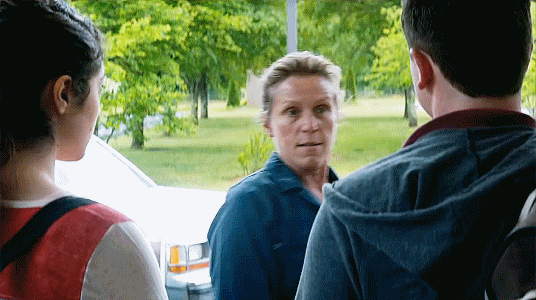 |
| Won: Academy Award - Best Actress • New York Film Critics Circle - Best Actress Golden Globe Award - Best Actress in a Drama • Cannes Film Festival - Best Actress |
1952's slate of Best Actress contenders has gained a bad rap. I had read insinuations that the year is particularly poor on the actressing front, and yet, based on what I've seen so far, I'd conclude that it's largely an imperfect lineup with performances and films that hit a murky gray: be that Susan Hayward's questionably saintlike performance in a run-of-the-mill biopic, Joan Crawford's emoting in a sensationalized B-movie, Bette Davis' wild hysterics in a Sunset-Boulevard-on-bath-salts camp picture, or Julie Harris' pubescent hysterics in a stagey stage-to-film adaptation, this is not a field of contenders that strikes wide-range appeal to the modern masses. That being said, I don't think either are awful, though they do challenge you to conclude otherwise.
This also rings true for Shirley Booth, the victor of this pack: she and her performance in Come Back, Little Sheba are easily more forgotten and receive significantly less share of voice than the likes of fellow winners Judy Holliday, Vivien Leigh, Audrey Hepburn and Grace Kelly. This is in spite of the fact that Booth was a juggernaut during her respective year, picking up nearly every major Best Actress prize available (it should be noted that no other actor that decade, male or female, received prizes from Cannes, the National Board of Review, the New York Film Critics Circle, the Globes and the Academy for a sole performance).



















